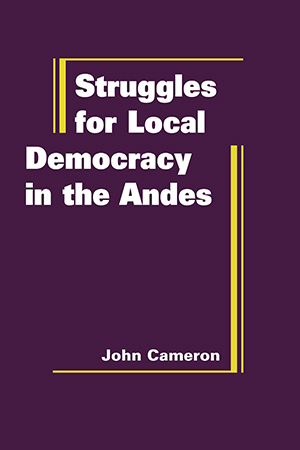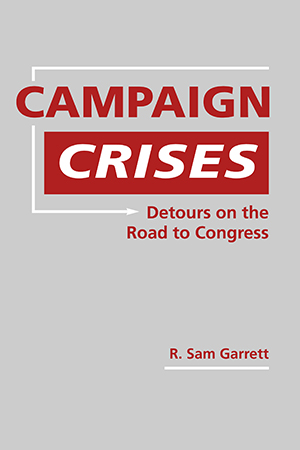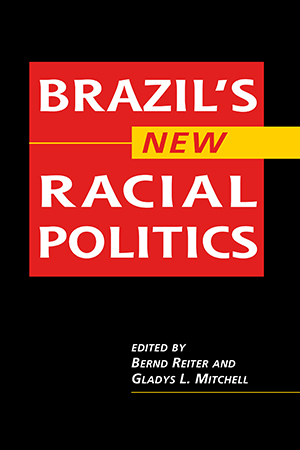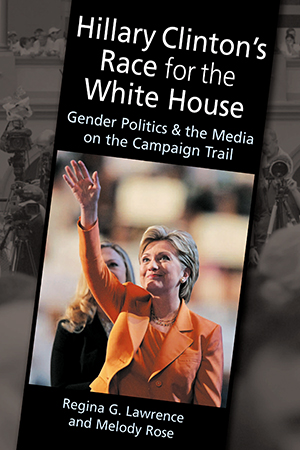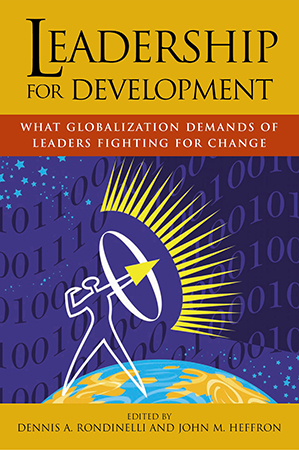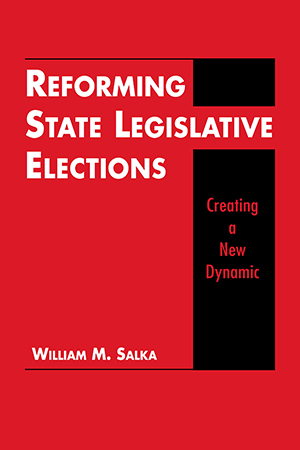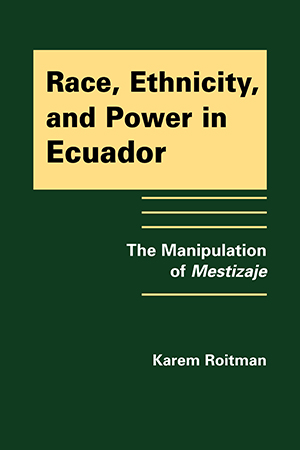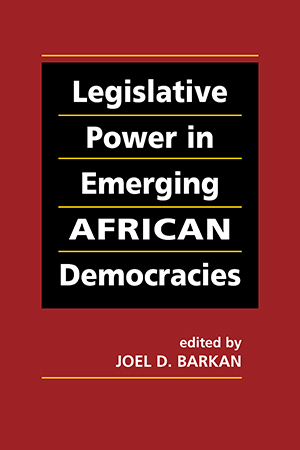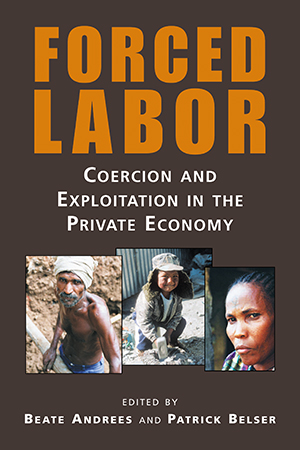BOOKS
John Cameron draws on power-based approaches to the study of democratization as he thoughtfully explores efforts by indigenous and peasant groups to gain control of local governments and More >
Choice Outstanding Academic Book! How do sleepy congressional campaigns become heated battles? What happens behind the scenes during pivotal moments? Sam Garrett explores the dynamic More >
As the popular myth of racial equality in Brazil crumbles beneath the weight of current grassroots politics, how will the country redefine itself as a multiethnic nation? Brazil’s New More >
Senator Hillary Clinton won 18 million votes in 2008—nearly twice that of any presidential contender in recent history—yet she failed to secure the Democratic nomination. In More >
Spanning more than a century, this systematic study brings to the forefront a dazzling array of novels by Arab women writers. Bouthaina Shaaban's analysis ranges from the work of More >
Leadership for Development examines fundamental issues: the tools leaders use to achieve development goals; how culture and interdependence among governments and organizations affects More >
When it comes to legislative elections, entrenched incumbents typically face little competition, and excessive campaign spending often corrupts the democratic process. At the state level, a More >
How do today's Latin American elites understand and relate to ideas of power, race, ethnicity, and mestizaje? And what impact does that understanding have on the dynamics of More >
A puzzle underpins this groundbreaking study of legislative development in Africa: Why are variations in the extent of legislative authority and performance across the continent only More >
Two centuries after the abolition of the transatlantic slave trade, at least 12.3 million people are subjected to modern forms of forced labor—in rich countries, as well as poor More >



